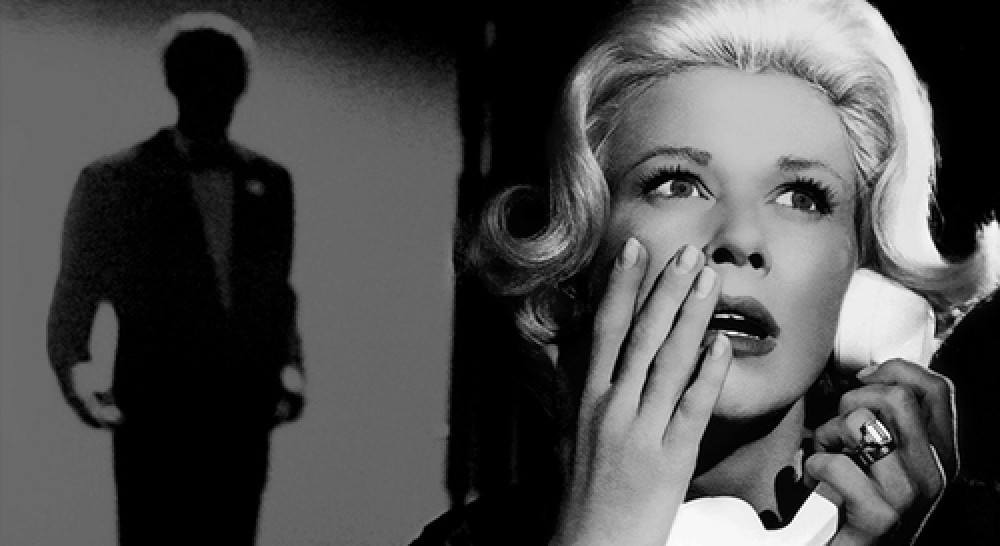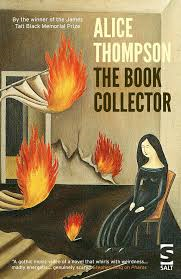All are very welcome to join us for the next Melodrama Meeting on Monday, 17th of October, 5-7pm, in Jarman 7. We will be discussing Kat’s choice of gothic text: Alice Thompson’s novel, The Book Collector (2015).
Kat has very kindly provided the following introduction:
On its release in 2015, The Book Collector, was noted for its liberal use of gothic motifs, its allusions to fairy tales, and for its ‘melancholic sadism’. Described as an Edwardian gothic chiller, The Book Collector, was heralded as residing somewhere between pastiche and critique. Indeed, Alice Thompson makes many nods to previous gothic outings; Angela Carter, Hans Christian Andersen and most notably the Bluebeard myth.
Set in Edwardian England just before World War I, orphaned Violet is approached by a mysterious man at a cafe who leaves her his business card for his second-hand book shop, a most appropriately gothic named, Looking Glass. The shop proprietor turns out to be Lord Archibald Murray, a recent widower. Violet and Archibald marry quickly and soon settle into a fairy tale existence in Murray’s Arcadian country home. Wanting for nothing, it isn’t long before Violet gives birth to a son. But as with all Bluebeard narratives, living a fairy tale existence comes at a price. Violet begins to grow suspicious and doubts Archie’s love for her. She becomes obsessed with one particular book of fairy tales in Archie’s collection, an obsession that leads to Violet suffering from paranoid hallucinations, resulting in her incarceration in a nearby asylum. On her return to the family home, Violet finds Archie has employed a nursemaid, the beautiful, yet enigmatic, Clara. Disturbed by Clara’s presence, Violet becomes perturbed by her husband’s nocturnal absences and by the disappearance of women from the local asylum. As Violet begins to investigate, she soon realises that the horrors of the asylum are nothing compared to what she uncovers.
While there is little doubt of the debt owed to the gothic tradition by The Book Collector, it is more challenging to ascertain whether the book seeks to critique gothic tales such as Bluebeard, or if it desires for a more pastiche rendition. The book does not shy away from its explicit citing of gothic tropes; the secretive husband, the country estate, female insanity, asylums and forbidden texts. However, there are jarring elements that contemporises the gothic sensibility in, The Book Collector. Following on from the previous meeting’s screenings of Bluebeard, The Book Collector, is an ideal text to discuss, for it provides another interjection not only into the history of the Bluebeard narrative, but also into the gothic tradition.

